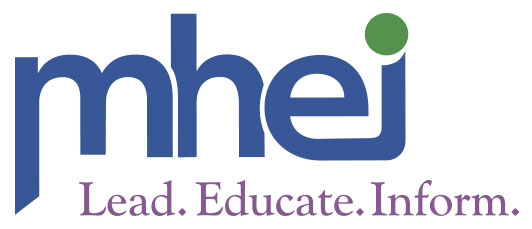For those of us who played sports growing up, we know the power of a good coach.
That person who helped you improve your skillset, identify your role in a team and celebrate your successes. A good coach also is there to point out where you can improve and give you the tools, resources and guidance to make those improvements and get to the next level.
Outside of the sports arena, a good coach can do the same for your professional performance. By asking the proper questions and giving leaders the right tools, they can help you make changes that can improve both your professional and often personal life.
There is perhaps no other industry where coaching is more beneficial than in healthcare. Leaders at all levels—from first-time managers to the C-Suite—can benefit from having one-on-one, individualized guidance from a trained, professional coach. In what can be a chaotic workday, it’s essential that healthcare leaders understand how to be mindful of what they are doing and why they are doing it.
That practice, aided by coaching, will help them perform better for themselves and their teams—improving efficiencies and patient care, which is always the No. 1 goal.
Leaders who work with a coach can expect an “a ha” moment, or hopefully many as they experience personal transformation.
Coaching can also help you:
Clarify goals and expand thinking
Discover unique leadership skills and traits that set you apart
Understand strengths and how to utilize them
Prepare to transition into a new role
One Maryland healthcare leader who engaged a coach as she transitioned from a practicing physician to a physician leader said the experience helped her leverage her strengths and unique qualities “that have resulted in the gift of finding true and meaningful clarity.”
An ongoing relationship with a professional coach—typically six months—can help identify a pattern over time that affects your work, your associates and your hospital’s mission of care.
Hospital leaders, like all leaders, benefit from ongoing access to a coach who can go deeper in helping them assess their habits—and examine them from a new perspective.
These in-person, phone and virtual meetings can be as long or short as needed and are intended to fit into a busy hospital executive’s schedule.
Even brief sessions help these leaders change behaviors, overcome difficult circumstances and face tough issues.
Over time, coaches can help people view situations differently, sometimes take a new perspective and, if needed, change behaviors.
Above all, the intention is to help leaders at all levels bring more self-awareness into their everyday work. This means being more mindful about how they respond to situations—in work and in life—and why.
This gives them the power to make changes that will help them improve, benefiting their teams, their organizations and the healthcare field overall.
To learn more visit www.mhei.org or email info@mhei.org

